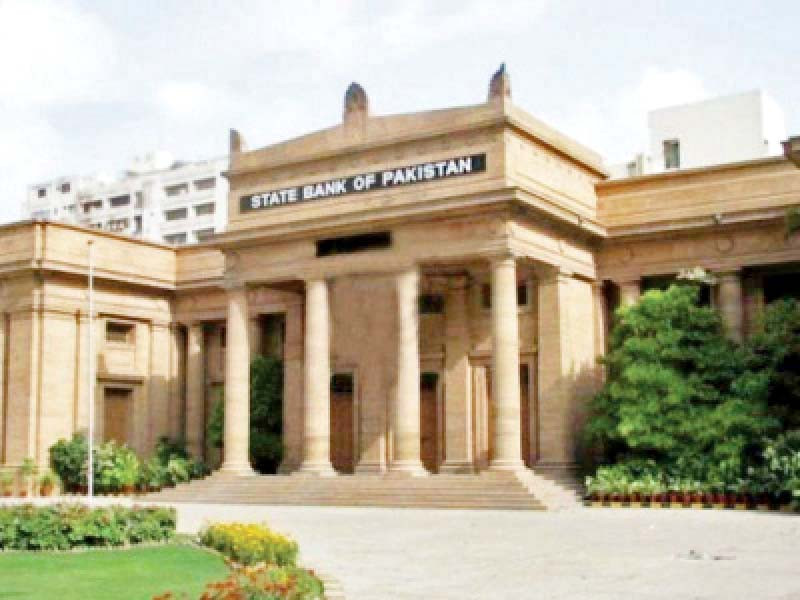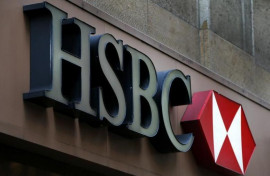
In its first meeting post-IMF new loan programme, Pakistan’s central bank is scheduled to review its key policy rate, the cost of banks’ lending, on Monday. It will assess whether it remains appropriate at the current historical high level of 22% to curb inflation and support economic growth or if the rate requires further hikes.
Financial experts provided mixed views, with some projecting no change in the policy rate considering inflation reading has started tapering off after hitting a six-decade high at 38% in May 2023.
Others believe the State Bank of Pakistan (SBP) will revise up the rate by 100 basis points to a new all-time high at 23% to counter in advance the likely rise in inflation reading. The forthcoming hike in power and gas tariffs would accelerate inflation reading.
It is pertinent to note that the International Monetary Fund (IMF) directives to maintain a tight monetary policy would influence the policy makers (monetary policy committee) at the meeting. It is, however, yet to be seen whether they would maintain the current tight monetary policy with a record high rate or further tighten it by soaring the key policy rate, as no one expected a cut in the rate in the meeting.
During FY23, SBP has increased the policy rate by a cumulative 8.25 percentage points to 22%.
Status quo likely in policy rate
CEO at Arif Habib Limited, Shahid Ali Habib said they expect SBP would hold the policy rate at 22% as headline inflation has started receding in July and going forward. “The inflation will continue to stay lower and will likely close an average of 21% for FY24 compared to 29% in FY23.”
Additionally, the aggregate demand is already suppressed. Further hikes will only adversely impact the already suppressed demand. IMF has projected economic growth at 2.5% in FY24 compared to 0.3% in FY23.
Tahir Abbas, Head of Research, said “we expect status quo in the upcoming monetary policy as real interest rates are already positive on a 12-month forward basis in line with the IMF recommendation.”
CEO at Topline Securities, Muhammad Sohail also projected no change in the policy rate. Market participants are divided on whether rates will remain unchanged or will be further increased, as indicated by a Topline poll.
The research house believes that since the last monetary policy meeting, many positive developments have taken place like the acquisition of a $3 billion IMF loan, doubling of foreign exchange reserves to over $8 billion, and a fall in inflation reading to 26% in June 2023.
Director Research at Taurus Securities, Mustafa Mustansir also anticipated no change in the policy rate on Monday. “We think so because the economy is undergoing a broad-based moderation. Plus, inflationary expectations are also on a downward trajectory despite the hike in electricity tariffs.”
A stronger and stable rupee on the back of improved foreign exchange reserves position is expected to put downward pressure on inflation, especially on the core segments.
The IMF has stressed the need for a proactive and tight monetary policy but the same has to be data-driven. “And right now, all data in our opinion points towards moderation and monetary policy settings being appropriate enough for the real interest rates to enter positive territory going forward and the SBP to achieve its target band of inflation i.e., 5-7% by FY26,” he said.
On the flip side, Mustansir said, recent hikes by the US Federal Reserve and a slightly strengthening dollar, plus some increase in cut-off yields in recent T-bills auctions, suggest a possible 100 basis points hike in the rate.
Likely hike in policy rate
Head of research at Pak-Kuwait Investment Company, Samiullah Tariq said the central bank would increase the benchmark policy rate by 100 basis points to counter in advance the likely increase in inflation reading. Head of JS Global Research, Amreen Soorani is of a similar view.
Director Research at Chase Securities, Yousuf M Farooq said the likely increase of 100 basis points should be the last hike in the policy rates under the current cycle, projecting the rate gradually would go down from the third quarter (Jan-Mar) FY24.
A smooth political transition will contribute to a stable economy.
Published in The Express Tribune, July 29th, 2023.
Like Business on Facebook, follow @TribuneBiz on Twitter to stay informed and join in the conversation.


















COMMENTS
Comments are moderated and generally will be posted if they are on-topic and not abusive.
For more information, please see our Comments FAQ